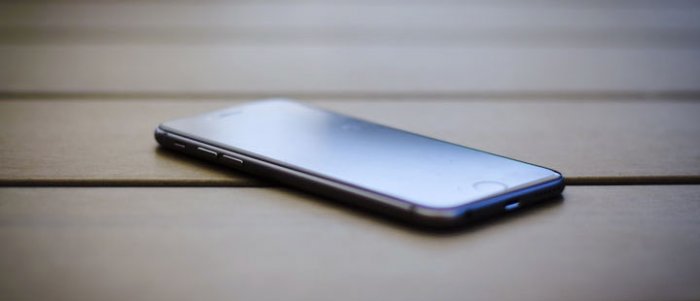Belkacem Mekrani, Head of Oxygen Device Information System et Project Owner chez Orange shares his experience with Sofrecom.
The selection process and in-store marketing of new mobile devices is a key activity for the Orange group. To better manage it, a project was launched to modernize the information system. Sofrecom assisted in the success of this project.
"Orange always strives to offer its customers the latest technological innovations, whether connected objects or new technologies such as contactless equipment or 5G.
Once a year, its teams assess the functional, performance and quality aspects of nearly 150 smartphones from different partners’ portfolios for its subsidiaries in Europe, Africa and the Middle East. These phones are then sold to individual and corporate customers. Both the models proposed and the speed of the go-to-market process strongly impact Orange's offers attractiveness and brand image.
This selection and classification process requires high levels of cooperation and synchronized actions between the various entities. Given the number of stakeholders involved, the information system (IS) guarantees both the speed and the successful completion of this process.
Our former IS, which had been in service for around 15 years, had become obsolete. In addition, its many custom-developed applications were costly to maintain. We therefore wanted to modernize it and make it more efficient, while facilitating the work of internal and external users. We decided to rely on software packages that were already available on the market, while favoring open source technologies to keep development and maintenance costs down.
This ambitious project was carried out with a team of just three people, including Sofrecom’s consultant and myself. The scale of the project forced us to be extremely versatile. We had to handle both project management and project execution. We were faced with many difficulties that delayed the project. But we always managed to resolve them thanks to great team cohesion, a lot of willpower, and excellent collective intelligence. Another reason for our success was our continual collaboration with users – first in needs analysis, then in testing, then in the final validation, and finally with training.
The Sofrecom consultant’s contribution was valuable in many respects. First, he gave us the benefit of his expertise in systems and architectures. He was therefore able to take charge of part of the project management, for example on aspects relating to the setting up of infrastructures – a skill that we did not possess within the team. The consultant was proactive throughout the project. He also demonstrated very good analytical and communication skills, both internally and externally. He demonstrated an unwavering engagement in the project from start to finish.
This project was a real success. Data recovery was perfectly managed. There were no service disruptions to users when moving from the old system to the new, nor have there been any incidents since commissioning.
We are now working on co-building a development roadmap, in collaboration with users.
Our external partners also appreciate the simplicity of the new tool and the fluidity of the processes. The improvements are striking: previously, more than 600 entries were needed to enter the features of a smartphone compared to 120 today. Likewise, application access times have been reduced threefold, and validations have been automated. These represent undeniable productivity gains.”




